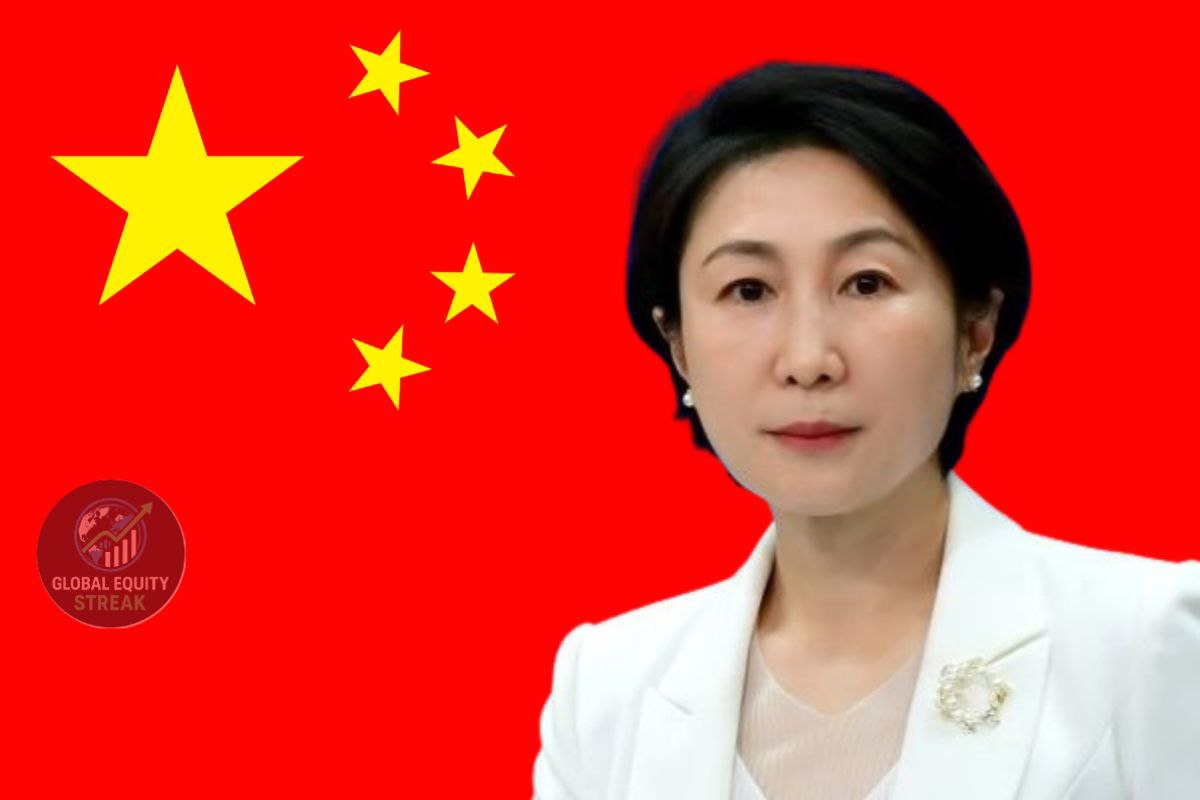China Monitored Indian Troops via Satellite :A close look at Lt Gen Rahul R Singh’s explosive claim that China treated the recent India‑Pakistan standoff as a “live lab,” supplying Pakistan with satellite intelligence and strategic support, and Beijing’s subsequent rebuttal through Foreign Ministry spokesperson Mao Ning—who stresses normal defence cooperation with Pakistan and urges dialogue for regional stability.
China Monitored Indian Troops via Satellite During Pakistan Clash
In the wake of recent tensions between India and Pakistan, which escalated into a brief four-day conflict, fresh concerns have emerged over China’s alleged involvement. On Friday, Deputy Chief of Army Staff Lt General Rahul R Singh made pointed remarks, suggesting that China had used the conflict as a “live lab” to test various systems while providing extensive support to Pakistan — not just material, but also operational.
Lt General Singh alleged that China leveraged its satellite capabilities to track Indian troop movements and supplied real-time intelligence to the Pakistani military, even during ceasefire discussions between the two countries’ Directors General of Military Operations. According to him, China’s actions echoed its ancient strategic concept of the “36 stratagems,” particularly the tactic of “killing with a borrowed knife” — a reference to using another country to do one’s bidding in conflict.
He further noted that India was not just facing Pakistan during this brief but intense standoff, but also had to contend with China’s covert support and Türkiye’s influence — effectively managing a three-front challenge in terms of strategic pressure and propaganda.
Amid these growing accusations, China has now responded through its Foreign Ministry. When asked directly about these developments and the nature of Chinese support to Pakistan, Chinese Foreign Ministry Spokesperson Mao Ning chose a cautious and diplomatic tone.
She stated, “I am not familiar with the specifics you mentioned.” However, she emphasized the traditional friendship between China and Pakistan, underlining that defense and security cooperation between the two is normal and “does not target any third party.”
Turning to the broader India-Pakistan situation, Mao Ning said that both countries are China’s important neighbors and reiterated Beijing’s long-standing position of promoting regional peace and stability. She said China has closely followed the recent developments and played an active role in encouraging both sides to pursue dialogue and peaceful resolution.
“China welcomes and supports India and Pakistan in properly settling differences and seeking fundamental solutions through dialogue and consultation,” she added. “China stands ready to continue playing a constructive role to this end.”
On the issue of Sino-Indian ties, the spokesperson noted that relations between China and India are currently at a “crucial stage of improvement and development.” She stressed that China is prepared to work with India to move forward on a “sound and steady track.”
These remarks appear to be part of China’s broader strategy of deflecting direct criticism while maintaining its long-term geopolitical partnerships and interests in South Asia. While Beijing portrays itself as a neutral actor advocating peace, the Indian military’s claims point to a far more involved and calculating Chinese role — particularly behind the scenes during regional crises.
As the situation stabilizes, these competing narratives reflect the delicate balance of power and trust in the region, and how conflicts between neighbors are rarely isolated from global power equations.
Disclaimer:
This blog article is based on official statements from the Indian Army and the Chinese Foreign Ministry, as reported by credible news sources including PTI. The views, claims, and allegations mentioned by Lt General Rahul R Singh represent the stance of the Indian military leadership and are presented here for informational and public discourse purposes.
China’s response, as conveyed by Foreign Ministry Spokesperson Mao Ning, reflects the official position of the Chinese government. This blog does not endorse or verify any military or diplomatic claims made by either side. The content is intended solely for awareness and balanced understanding of current geopolitical developments in South Asia

